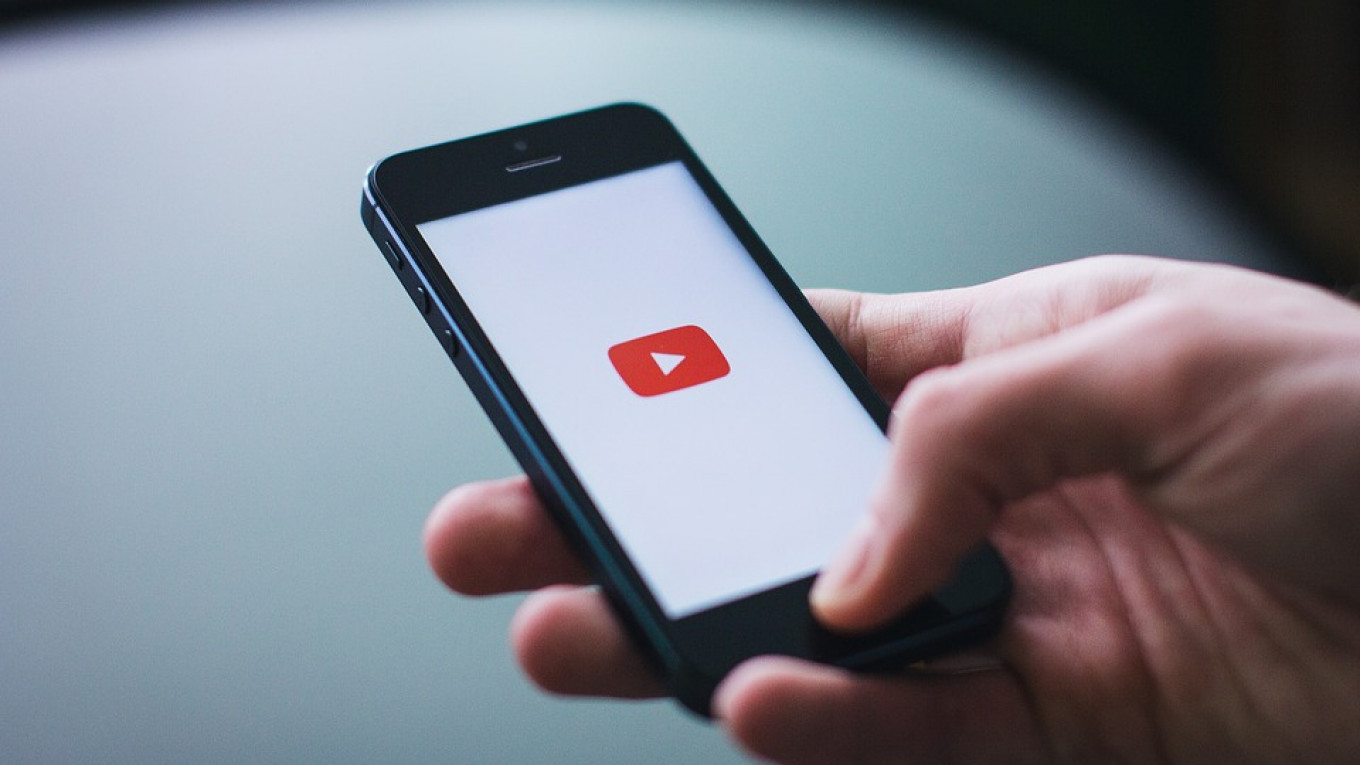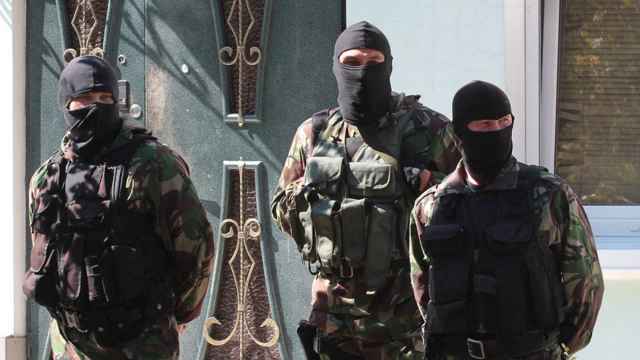Fourteen Russia-backed YouTube channels spreading disinformation have been generating billions of views and millions of dollars in advertising revenue, according to researchers, and had not been labeled as state-sponsored, contrary to the world's most popular streaming service's policy.
The channels, including news outlets NTV and Russia-24, carried false reports ranging from a U.S. politician covering up a human organ harvesting ring to the economic collapse of Scandinavian countries. Despite such content, viewers have flocked to the channels and U.S. and European companies have bought ads that run alongside them.
The previously unpublished research by Omelas, a Washington-based firm that tracks online extremism for defense contractors, provides the most comprehensive view yet of the Russian government’s success in attracting viewers and generating revenue from propaganda on YouTube, which has 2 billion monthly viewers worldwide.
YouTube, owned by Alphabet Inc's Google, introduced a policy in February of 2018 to identify channels predominantly carrying news items and are wholly or partly funded by national governments, in order to help users make informed viewing decisions.
YouTube said on Wednesday that following inquiries from Reuters it added the state-funding disclaimer to 13 additional Russian channels, including eight of the channels spreading disinformation.
Twelve other Russia-sponsored channels identified by Omelas with misleading or inaccurate news reports already had the state-funding label.
Collectively, the 26 channels drew 9 billion views from January 2017 through December 2018, Omelas found. Another 24 Russian channels with no apparent ties to disinformation attracted an additional 4 billion views, Omelas said.
Omelas estimated those 13 billion total views could have generated up to $58 million from ads, including some from Western advertisers. It estimated that Russia could have received $7 million to $32 million under YouTube's standard revenue-sharing program, while YouTube itself would have pocketed from $6 million to $26 million.
An accurate analysis is difficult because YouTube shares limited audience and sales data. YouTube declined to comment on the channels' revenue. Calls and emails to the Russian government and the country's embassies in the United States and Britain were not returned.
It is not uncommon for state broadcasters around the world to put videos on YouTube. Russia's channels, though, have faced more scrutiny since the United States concluded that Russian operatives attempted to disrupt the 2016 presidential election by posting fake news to social media from fabricated personas and news organizations. Russia has denied any wrongdoing.
"YouTube continues to enable the monetization of state propaganda, fringe conspiracies and intentional outrage," said Ryan Fox, chief operating officer of cybersecurity firm New Knowledge.
Money-maker for Google
YouTube said it welcomes governments in its revenue-sharing program and does not bar disinformation.
"We don't treat state-funded media channels differently than other channels when it comes to monetization, as long as they comply with all of our other policies," YouTube spokeswoman Alex Krasov told Reuters. "And we give users context for news-related content, including by labeling government-funded news sources."
The Russian-sponsored YouTube channels come from government ministries and state media networks, some dating back 13 years, according to Omelas, which based its research on a public database from the European Union of online disinformation sources.
The channels listed by Omelas, of which NTV was the most viewed, contain nearly 770,000 videos, including singing competitions, talk shows and news clips, some more clearly biased or inaccurate than others. A few of the channels are in English, French or other languages but most are in Russian.
YouTube mostly generates its revenue from selling ads placed adjacent to, before or during videos on its service. Some Western advertisers, which were unaware their ads were appearing on Russian channels, told Reuters they were concerned about being associated with questionable content.
Grammarly, an online grammar-checking service whose ads appeared on Russian channels with deliberately misleading news, told Reuters it would never knowingly associate with misinformation.
"We have stringent exclusion filters in place with YouTube that we believed would exclude such channels, and we've asked YouTube to ensure this does not happen again," spokesperson Senka Hadzimuratovic said in a statement.
Other ads reaching viewers on Russian-funded conspiracy videos came from insurer Liberty Mutual, the European Central Bank and software firms Adobe Inc, Yandex NV and Wix.com Ltd, according to research by Omelas and Reuters.
The ECB, Adobe and Yandex declined to comment. Liberty Mutual and Wix did not respond to requests for comment.
John Montgomery, a global executive vice president at ad buying company GroupM, said advertisers can set filters to automatically avoid supporting some objectionable channels but they are imperfect.
"Disinformation is probably the biggest challenge we’ve got on the internet today," he said.
A Message from The Moscow Times:
Dear readers,
We are facing unprecedented challenges. Russia's Prosecutor General's Office has designated The Moscow Times as an "undesirable" organization, criminalizing our work and putting our staff at risk of prosecution. This follows our earlier unjust labeling as a "foreign agent."
These actions are direct attempts to silence independent journalism in Russia. The authorities claim our work "discredits the decisions of the Russian leadership." We see things differently: we strive to provide accurate, unbiased reporting on Russia.
We, the journalists of The Moscow Times, refuse to be silenced. But to continue our work, we need your help.
Your support, no matter how small, makes a world of difference. If you can, please support us monthly starting from just $2. It's quick to set up, and every contribution makes a significant impact.
By supporting The Moscow Times, you're defending open, independent journalism in the face of repression. Thank you for standing with us.
Remind me later.






